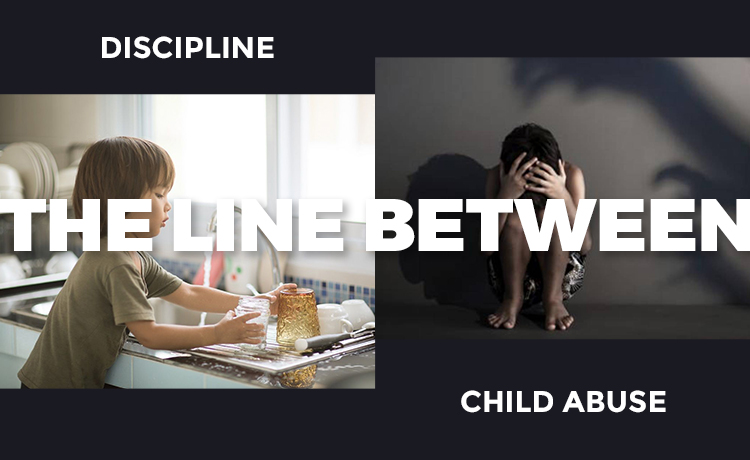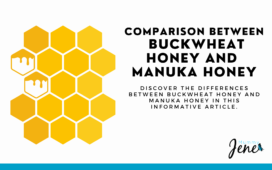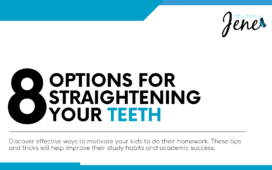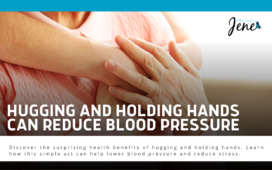Values are what separates good people from bad people. It is our standard of what is wrong and what is right. And these values are taught and instilled through our childhood from our parent’s discipline. Discipline is a system of values that parents teach to their kids. Often, emotions are high during a period of discipline. It can either be anger, sadness, tension, and even tears. But discipline is an essential component of a child’s development. It helps them develop emotional health that promotes motivation, self-control, personality, and decision-making. All of these make them socially and emotionally mature individuals in the future.
Defining Discipline Versus Punishment
Some parents think that punishment is a form of discipline. The truth is, the regulation doesn’t always have to use punishment. Punishment is only a means to support a parent’s discipline system. It usually comes in hand with rewarding to either negate bad behavior or reinforce positive behavior. This is according to the Operant Theory of BF Skinner. The theory revolves around rewards and punishments, also called by BF Skinner as positive and negative reinforcement. This means that we can strengthen the type of behavior we want from others through punishment and reward.
However, experts warn parents about the use of reward and punishment as a system of discipline. They say that it can be counterproductive when expected penalties are not given for undesirable behaviors. Or if rewards are not appreciated by the child. The most important factor when thinking about reward and punishment for discipline is the outcome. Rewards should reinforce positive behavior, and punishment should decrease the likelihood of an adverse reaction. Some parents who can use this type of discipline system can reward and punish by merely looking at a child. This is achieved by ensuring that the family values are the same for everyone, including the parents. The family should have similar values and respect for each other.
When Does Discipline Become Child Abuse
Parents know that discipline is also hard for them because of emotions involved, especially when correcting bad behavior from a child. And sometimes, the fear of crossing the line between discipline and child abuse prevents parents from implementing their discipline system. Intended punishment may be compromised and will reinforce bad behaviors instead. To be able to know the difference between discipline and child abuse, a parent should consider the intention of their actions. In many court proceedings, when determining child abuse, the court determines if the parent has the intention to hurt the child. Because discipline usually ends before an injury happens to a child.
An example of this particular scenario is when parents inflict injury to a child, such as bruises, fractures, or when the child gets traumatized. Discipline is intended to teach a child about the right behaviors. When parents punish a child or hurt a child for the intention of instilling fear rather than teaching, then this is classified as child abuse. Also, a punishment that is not appropriate for a child’s age is child abuse. And even punishment because of unrealistic expectations from a child is considered child abuse.
How Do Parents Establish a Healthy Discipline System
While the word discipline system poses the feeling of scientific methodology, it is a lot easier. It only means that discipline constitutes consistency and several ways to impart lessons to a child. And it should never be hard because your values are what you impart to your children. A problem will only arise if the parent has their own behavioral and emotional issues needing therapy to heal. But otherwise, when a family has learned values and acts harmoniously, discipline becomes less forceful and peaceful.
Overall, the value you give yourself as a parent is what translates to your children. Thus, it’s crucial to invest in your wellbeing. When parents have an unhealthy outlook, have difficulty building relationships, have a negative self-image, and unmet emotional needs, it becomes easy to cross the boundaries of child abuse. An article by MummyJene blog entitled Mental Health Article Dedicated for Mothers says, “mummies, you are important.” The article teaches moms about self-care as a means to protect mental health and prevent mom burnt-out. It also says that when a mom intentionally takes care of herself, she is investing in her family’s happiness.








